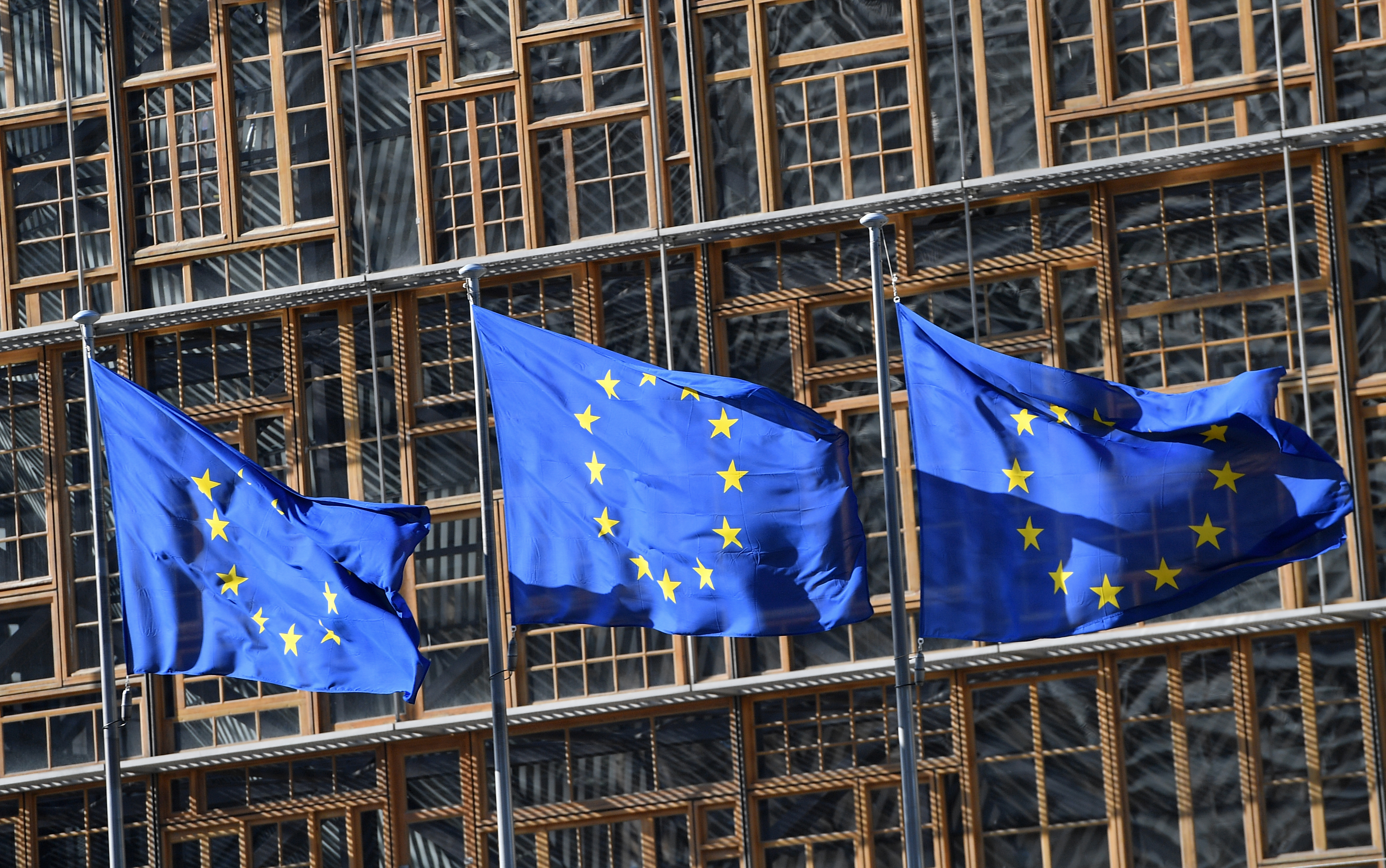
Serbia expects Croatia to contribute to the EU's enlargement policy and that the methodology of the accession process will be defined at the EU-Western Balkans Summit in Zagreb in May, Serbia's Foreign Minister, Ivica Dacic, said on Monday.
"Croatia has assumed the presidency of the Council of the European Union, and we expect it to make a special contribution to the enlargement policy, since it is a country from our region, and the last member to have joined the EU," Ivica Dacic said in Belgrade at a reception for the diplomatic corps and journalists from the Serbian media.
Dacic said that he expected the Western Balkan summit in May to bring "a concrete result, and that by then the methodology of the EU accession process would be completely defined."
Serbia had applied for EU membership in 2009, and its accession negotiations kicked off in January 2014. In the best-case scenario, the negotiations might be finalised by 2023, allowing Serbia to finally join the bloc in 2025.
However, in October 2019, the hopes of Serbia and other Western Balkan nations of joining the EU suffered a setback after several governments, led by French President Emmanuel Macron, had vetoed the opening of accession negotiations with North Macedonia and Albania, arguing that the EU needs to be reformed before it starts accepting new members.
"For states that have made progress in integration and opened more than a half of the negotiation chapters, like Serbia, the pace of the process has to be improved, with clear political support," Dacic said.
So far, Serbia has opened 18 out of 35 negotiation chapters with the EU. The chapters deal with various legislation areas which any future member is expected to align with basic EU laws. Each chapter has to go through a process of screening and negotiations before a successful closure, and as of January 2019, Serbia closed only two chapters - those regulating science, research, education, and culture.
Croatia, which joined the EU in 2013, is holding the six-month rotating presidency of the EU from January to June this year, and will host an EU-Western Balkans summit in Zagreb in May as part of its agenda to promote EU enlargement.
Kakvo je tvoje mišljenje o ovome?
Učestvuj u diskusiji ili pročitaj komentare





 Srbija
Srbija
 Hrvatska
Hrvatska
 Slovenija
Slovenija







